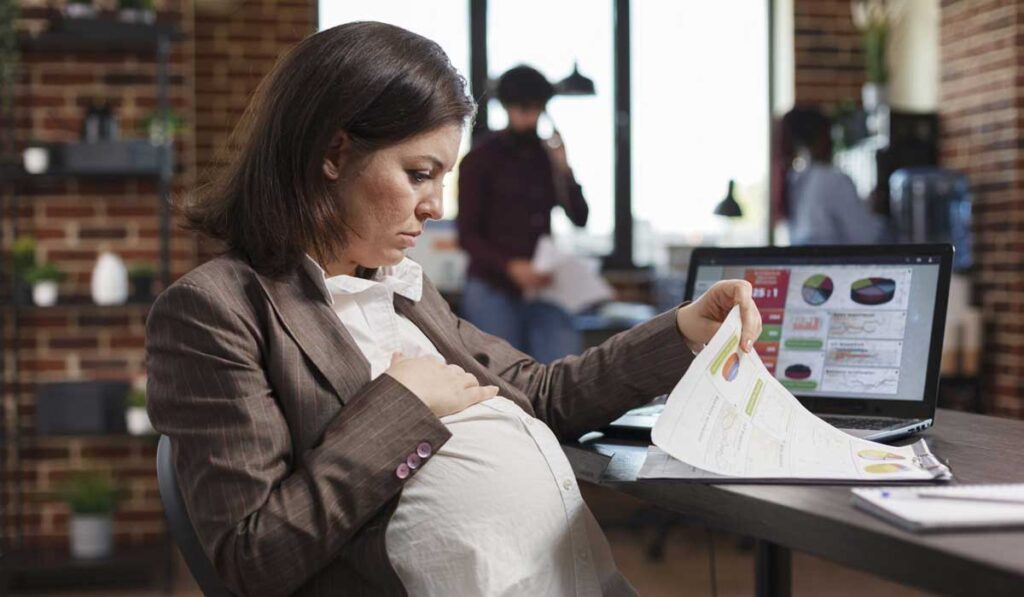Luara Rezende and Natália Tenório da Silva
Lawyer at Marcos Martins Advogados
Bill 2058/21, which regulates the return of pregnant women to work in person, was sanctioned by the President of the Republic on August 8, with vetoes. The act, which was published in the Official Gazette on Thursday, amends Law No. 14,151 of 2021, which determined the absence of pregnant women during the public health emergency caused by the Coronavirus.
In the sanctioned text, the leave is guaranteed only for pregnant women who have not yet completed the vaccination schedule or who fall into a risk group due to some comorbidity. The law also guarantees the employer the possibility of changing the duties performed by the pregnant woman, without prejudice to her full remuneration and ensuring that she can resume the duties previously performed when she returns to work, but always respecting the skills required to perform the job and the personal conditions of the pregnant woman.
In this context, the company will be able to demand the return of the pregnant woman when the state of emergency due to the pandemic is concluded – which is not yet expected to happen.
In addition, pregnant women must return after their vaccination, from the day on which the Ministry of Health considers immunization to be complete, or by signing a term of responsibility, if pregnant women refuse to take the vaccine against Covid-19.
However, in view of the presidential veto, pregnant women will no longer benefit from maternity pay, as provided for in the original text, and the employer will remain responsible for fully covering the salaries of employees in these conditions.
Also vetoed was the item that provided, in the event of a return due to termination of pregnancy, the receipt of maternity pay for the two weeks of leave guaranteed by the Consolidation of Labor Laws (CLT).
Thus, even with the presidential veto, the bill’s sanction will have a positive impact on companies, as it will guarantee the safe return of pregnant women and reduce the negative financial impacts that the leave has brought, especially in cases where the company’s activity does not allow it to be carried out remotely.
On the other hand, it is important to note that companies will have to readjust their facilities and/or benefits that were guaranteed to pregnant and breastfeeding women, which may have been discontinued as a result of remote working. Making these adjustments and having the appropriate legal support is essential to guarantee legal certainty for companies.








